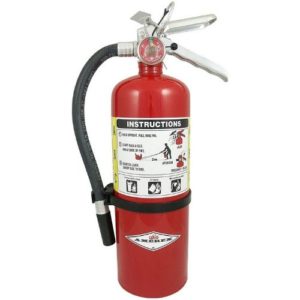Only use fireworks in open, flat, inflammable, and sturdy spaces. Some of this advice might seem obvious, but the statistics suggest otherwise.
According to the National Fire Protection Association (NFPA), fireworks started an estimated 31,302 fires in 2022.1 In 2020, around 100 fires were started with fireworks in just a few days in California.
If you’re going to set off legal fireworks, do it in a safe place.
How to choose a safe location for lighting fireworks:
- Scout out a location that’s hard and flat—like bare dirt, snow, concrete, sand, or stone.
- Avoid places with trees, grass, and buildings that could catch fire.
- Be considerate of noise pollution. Set off fireworks in a spot that won’t be too loud for neighbors, veterans, or pets.







